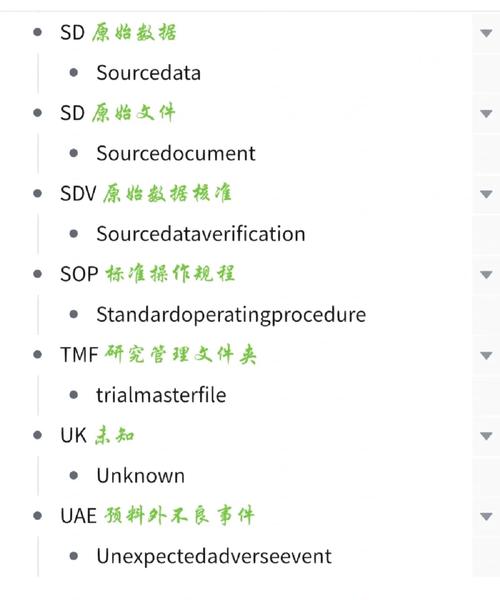GLP Toxicology CRO: A Comprehensive Guide for Quality Assurance in Drug Development
When it comes to the development of new drugs, ensuring their safety and efficacy is paramount. This is where GLP (Good Laboratory Practice) toxicology comes into play. A GLP Toxicology Contract Research Organization (CRO) plays a crucial role in this process, providing specialized services to pharmaceutical companies. In this article, we will delve into the various dimensions of a GLP Toxicology CRO, helping you understand its importance and how it contributes to the drug development process.
Understanding GLP Toxicology
GLP toxicology refers to the set of guidelines and standards established by regulatory authorities to ensure the quality, safety, and efficacy of toxicological studies conducted in the pharmaceutical industry. These guidelines are designed to minimize the risk of errors and ensure that the data generated from these studies are reliable and can be used to support regulatory submissions.
![]()
GLP toxicology studies involve the evaluation of the potential adverse effects of a drug on living organisms, typically using animals as models. These studies help identify the toxicity profile of a drug, including its dose-related effects, target organs, and potential mechanisms of toxicity.
The Role of a GLP Toxicology CRO
A GLP Toxicology CRO is an organization that specializes in conducting toxicological studies in compliance with GLP guidelines. These CROs offer a range of services, including study design, data collection, analysis, and reporting. Here’s a closer look at the key roles played by a GLP Toxicology CRO:
-
Study Design and Protocol Development: A GLP Toxicology CRO helps in designing the study protocol, ensuring that it meets the regulatory requirements and is scientifically sound.
-
Animal Welfare: Ensuring the ethical treatment of animals is a critical aspect of GLP toxicology. A GLP Toxicology CRO adheres to strict animal welfare guidelines and ensures that the animals are housed, handled, and treated humanely.

-
Data Collection and Analysis: The CRO collects and analyzes data from the toxicological studies, ensuring accuracy and reliability. This includes conducting histopathological evaluations, biochemical analyses, and statistical analyses.
-
Reporting: A GLP Toxicology CRO prepares comprehensive reports that summarize the study findings, including the results, conclusions, and recommendations.
Benefits of Working with a GLP Toxicology CRO
Collaborating with a GLP Toxicology CRO offers several benefits to pharmaceutical companies:
-
Expertise: A GLP Toxicology CRO has a team of experienced scientists and regulatory experts who can provide valuable insights and guidance throughout the drug development process.
-
Compliance: By working with a GLP Toxicology CRO, pharmaceutical companies can ensure that their studies are conducted in compliance with GLP guidelines, reducing the risk of regulatory issues.
-
Time and Cost Efficiency: A GLP Toxicology CRO can help streamline the drug development process, saving time and reducing costs.
-
Quality Assurance: A GLP Toxicology CRO ensures the highest standards of quality in toxicological studies, providing reliable data that can be used to support regulatory submissions.
Choosing the Right GLP Toxicology CRO
Selecting the right GLP Toxicology CRO is crucial for the success of your drug development project. Here are some factors to consider when choosing a CRO:
-
Experience: Look for a CRO with a proven track record in conducting GLP toxicology studies and a strong understanding of regulatory requirements.
-
Expertise: Ensure that the CRO has expertise in the specific toxicological endpoints and study designs relevant to your drug.
-
Quality Control: Verify that the CRO has robust quality control processes in place to ensure the accuracy and reliability of the data generated.
-
Communication: Choose a CRO that offers clear and effective communication, ensuring that you are kept informed throughout the study.
Conclusion
In conclusion, a GLP Toxicology CRO plays a vital role in the drug development process, ensuring the safety and efficacy of new drugs. By working with a reputable and experienced CRO, pharmaceutical companies can benefit from their expertise, compliance, and quality assurance services. When selecting a GLP Toxicology CRO, consider their experience,












